Two Mondays left. Morphine, who is dying of cancer, no longer helps, and doctors do not prescribe stronger analgesics. Oksana Narimanyan has been unable to sleep from pain for a long time. woman
Two Mondays left. Morphine is no longer helping a woman dying of cancer, and doctors do not prescribe stronger analgesics
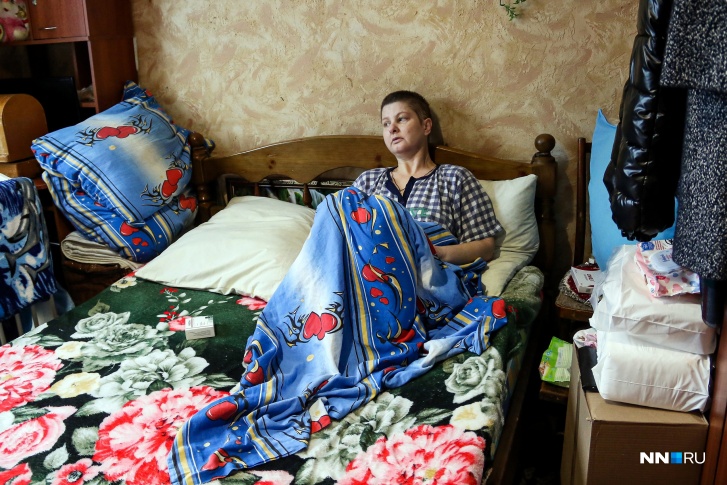
Oksana Narimanyan has been unable to sleep because of the pain for a long time. The woman has cancer. Doses of painkillers are enough for several hours, but the drug does not help much. Before an accurate diagnosis was made, she was treated for several months for another illness. Now she is not given a disability – because of this, she cannot receive any financial assistance, and her relatives have to buy medicines on their own, since morphine no longer helps. NN.RU correspondents went to Vyksa.
Mom, you don't know what pain it is
Two years ago, Oksana Narimanyan worked as a sales assistant. She had long blond hair, a confident and calm look. Now – a brush of coarse hair, sunken eyes and a dent from the operation on the head. The woman lies motionless next to the crib. She is 44 years old and has brain and lung cancer.
“I say: “Oksana, how you are suffering, such pain,” says a pensioner sitting next to me in a gray sweater with matted gray hair. This is the mother of cancer patient Nadezhda Shibanova. – She even grinds her teeth at night: “Mom, you don’t know what kind of pain it is. It's not your teeth that hurt. You can't stand this kind of pain. She lives for her child.
A few hours ago, she injected her daughter with morphine. But the drugs don't help. It is issued at the clinic. The mother buys other painkillers on her own. The family lives in an emergency building, which is scheduled to be demolished at the end of 2022. The construction of a new house, in which they want to move in, is still far from complete.
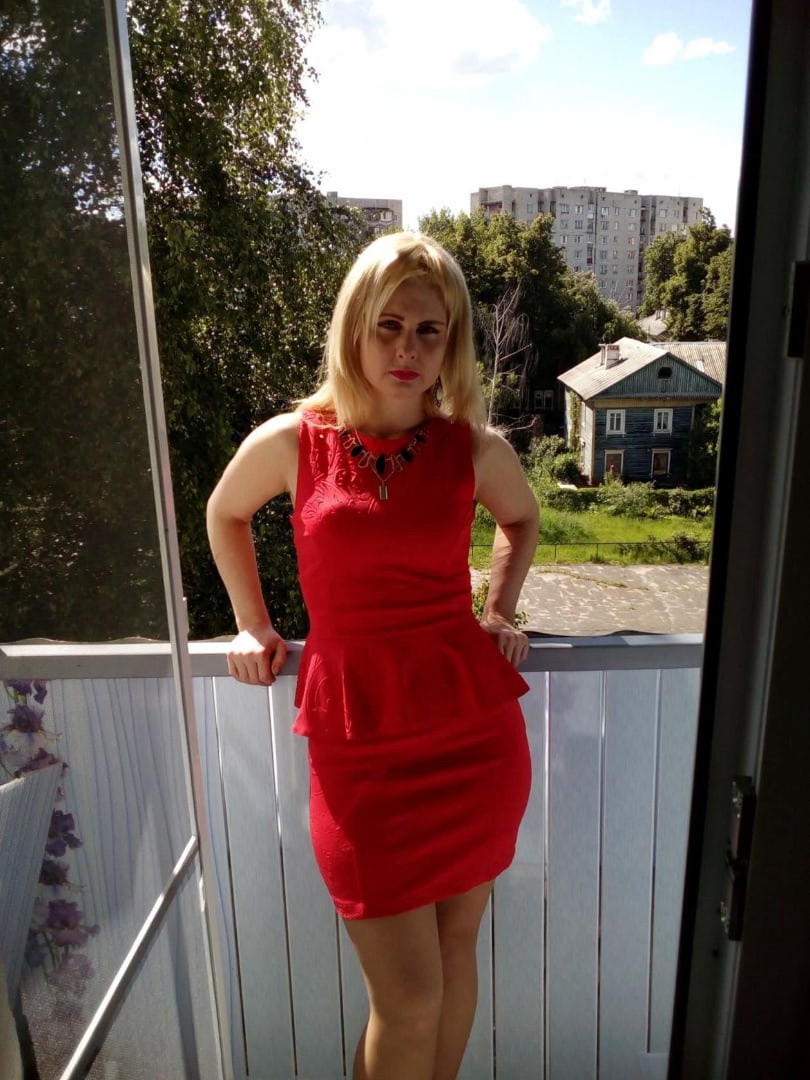
Oksana had long blond hair before her illness
Photo: Oksana Narimanyan / NN.RU
– My husband sleeps on the floor, we have nowhere to sleep. There are no conditions, says the patient's mother.
Oksana, her 2-year-old son Arseniy, mom and dad huddle in a odnushka. The apartment is cold. The kid walks around the house in boots and tights with fleece. There is no bathroom or shower in the apartment. To wash themselves, adults go to the village of Voznesenskoye to visit relatives. It is 60 kilometers from Vyksa.
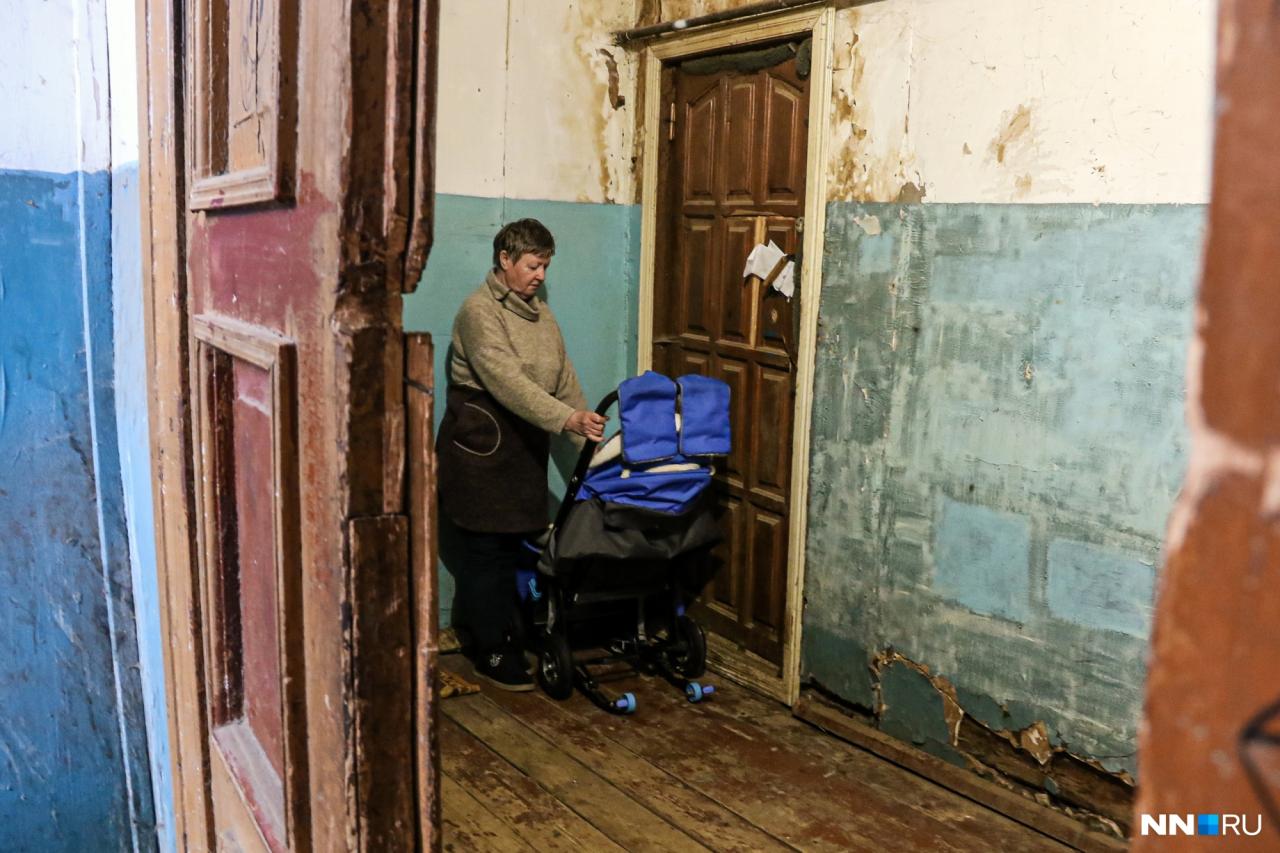
The family of a cancer patient lives in an emergency house
Photo: Natalya Burukhina / NN.RU
By law, Narimanyan is entitled to receive a disability. In 2022, the amount of a fixed payment to the insurance pension for disabled people of the 1st group is a ruble per month. However, this status of the patient is not yet given.
– I took her to the doctor on the 11th. She asked why they didn’t give disability, ”says Shibanova. – He asked me to take her out into the corridor, and said: She has two Mondays to live. I asked about the group. “What can I do? Will you be able to complete it?
Cancer could not be identified for several months and was treated for another disease
“It is very common to get cancer here. We have a lot of factories here, and it’s not good for the environment,” says a brunette in a bright red jacket. This is a friend of the sick Natella Rusakova. She posted on social media for help. She believes that the status of a disabled person would help a poor family. Now she lives off the support of volunteers and neighbors.
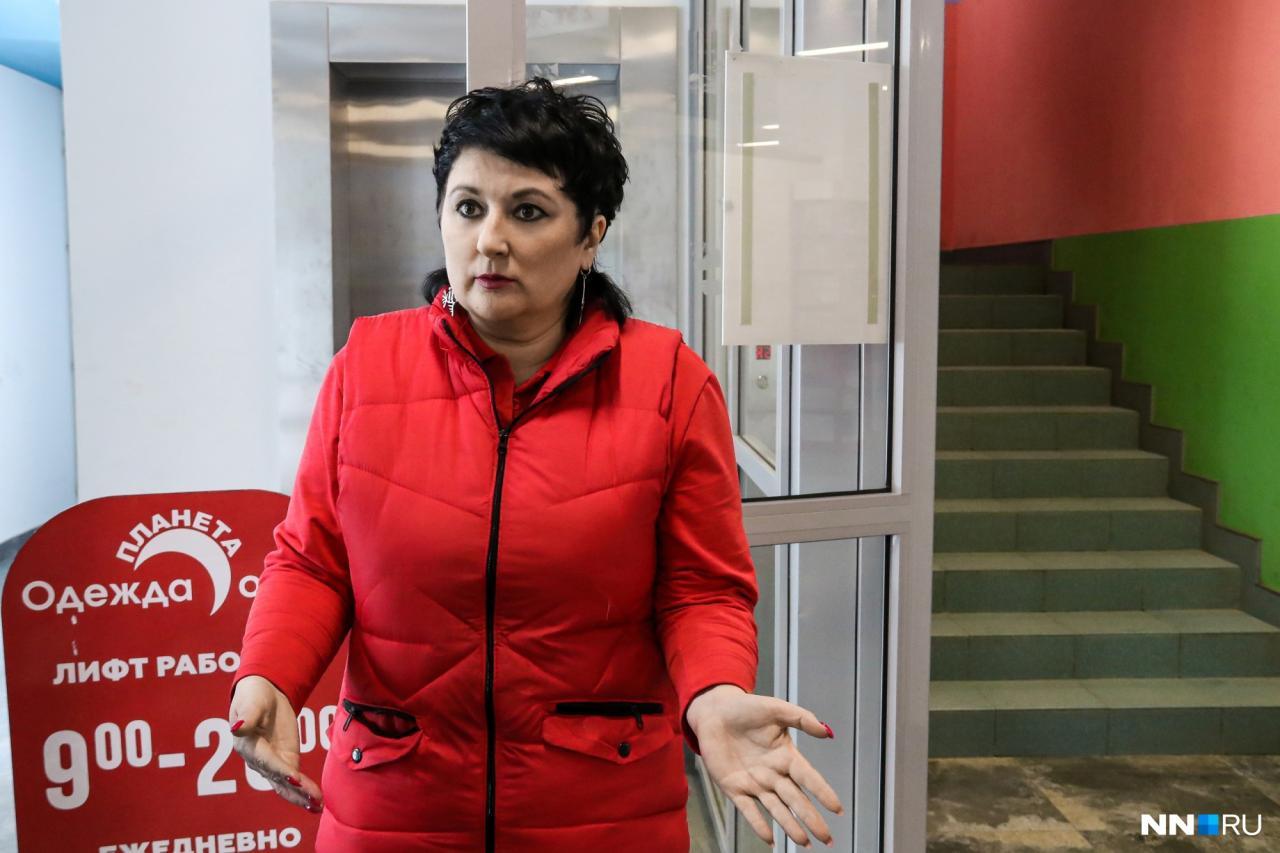
Oksana's friend talks about the bad environment in Vyksa
Photo: Natalya Burukhina / NN.RU
A year ago, the Nizhny Novgorod oncological center NOKOD reported 2,366 cancer patients in Vyksa (more than 81,000 people live in the district). According to a survey conducted by Vyksa.rf at the time, 77% of residents believe that the local metallurgical plant is to blame for the high incidence. In the latter, however, back in 2019 they announced a reduction in harmful emissions into the air by 46%.
Vyksa Steel Works is one of the largest enterprises in the region. Its revenue for 2020 was 133 billion. Profit – 8 billion. The owner of the controlling stake in the plant is billionaire Anatoly Sedykh. He is also the head of the board of directors of JSC OMK (United Metallurgical Company). In 2020, the company announced the construction of a new electrometallurgical complex in Vyksa, which will operate using green technology.
Another likely cause of cancer, says Rusakova, is the consequences of pregnancy. A year after giving birth, at the end of 2020, her friend was diagnosed with Bartholin gland carcinoma. The tumor was excised, after the operation they said: there are no metastases in the body, there is nothing to fear.
“At first everything was fine, I walked with the child,” recalls the sick Narimanyan. “Then it started hurting in my lungs. Went to the hospital. They did a fluorography there and began to treat him for another disease – for intercostal neuralgia.
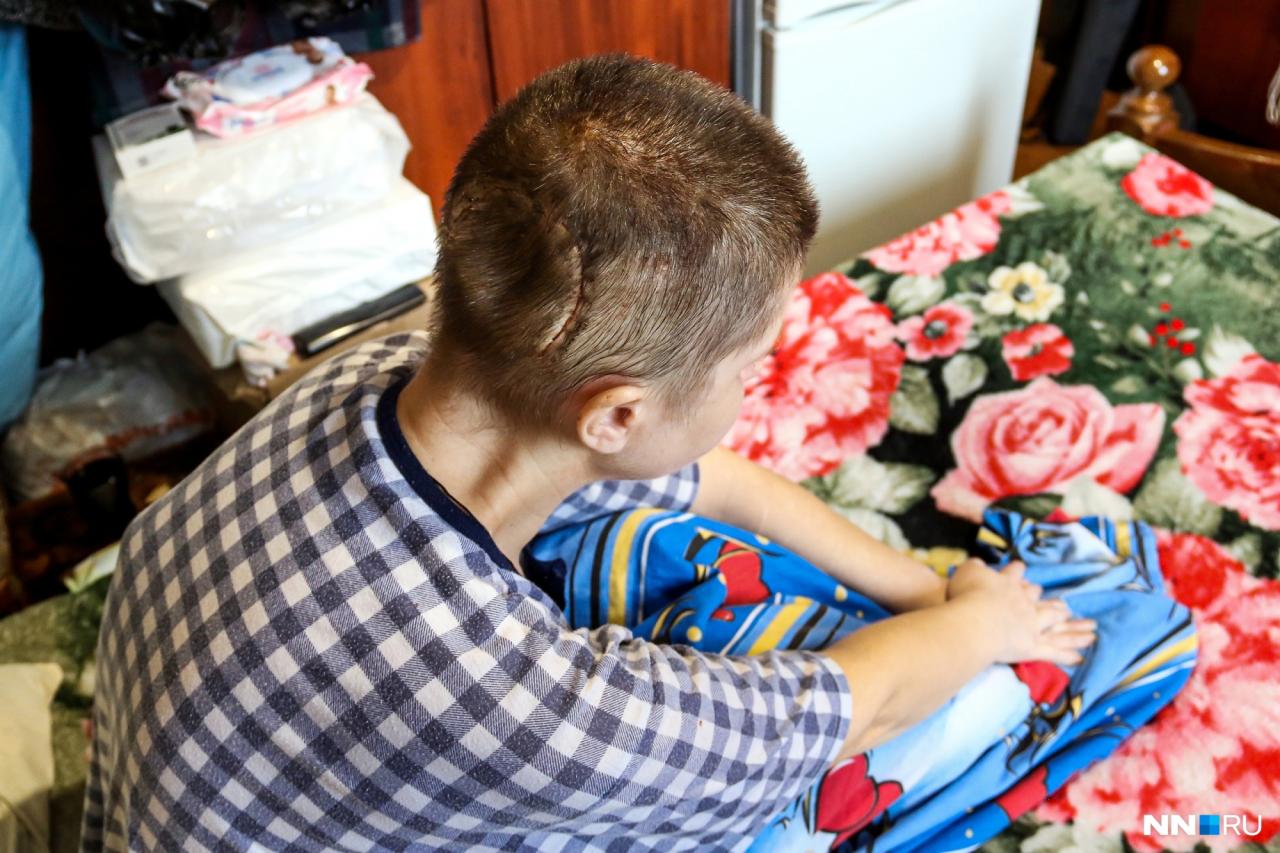
Oksana had a tumor removed from her brain in Nizhny Novgorod
Photo: Natalya Burukhina / NN.RU
A woman was treated for another illness for several months – from September to mid-December 2021.
– She ate pills, pricked injections, spoiled her stomach for herself. Nothing works,” says Narimanyan.
When it became clear that pills and injections did not help, the therapist suggested oncology. Oksana was already walking, according to her mother, bent like a hook. The local oncologist wrote the woman a referral to Murom for examination. Only there they determined that the woman had cancer of the brain and lung. Everything is in running order. Then Oksana began to suffer from terrible pain. She became ill.
“The doctor said she should be taken urgently to the hospital, to Nizhny. Operate the head. If they hadn't operated on her head, she would probably be gone. Because the daughter was screaming: “Mom, my eyes hurt. I'm going blind. I don’t see anything, I don’t even see you, ”recalls the mother.
After the examination, she called the Nizhny Novgorod Cancer Center. They agreed to accept a seriously ill patient.She was cut out a tumor in her head and discharged. Without surgery, relatives believe, she would not have handed over a month.
The right not to endure pain
Pain is one of the main symptoms in malignant neoplasms, according to the methodological recommendations of the Ministry of Health of the Russian Federation for 2016. At the same time, the patient has the right not to tolerate her. This is according to the Federal Law of 2011 On the basics of protecting the health of citizens in the Russian Federation, as well as a number of other laws. Nevertheless, over the past seven years in the government and the media, the question of the availability of pain relief for cancer patients has been raised. In 2015, according to the Russian Ministry of Health, less than 9% of palliative patients received adequate anesthesia. In the same year, law enforcement agencies reported the suicide of 11 cancer patients in Moscow committed within two months.
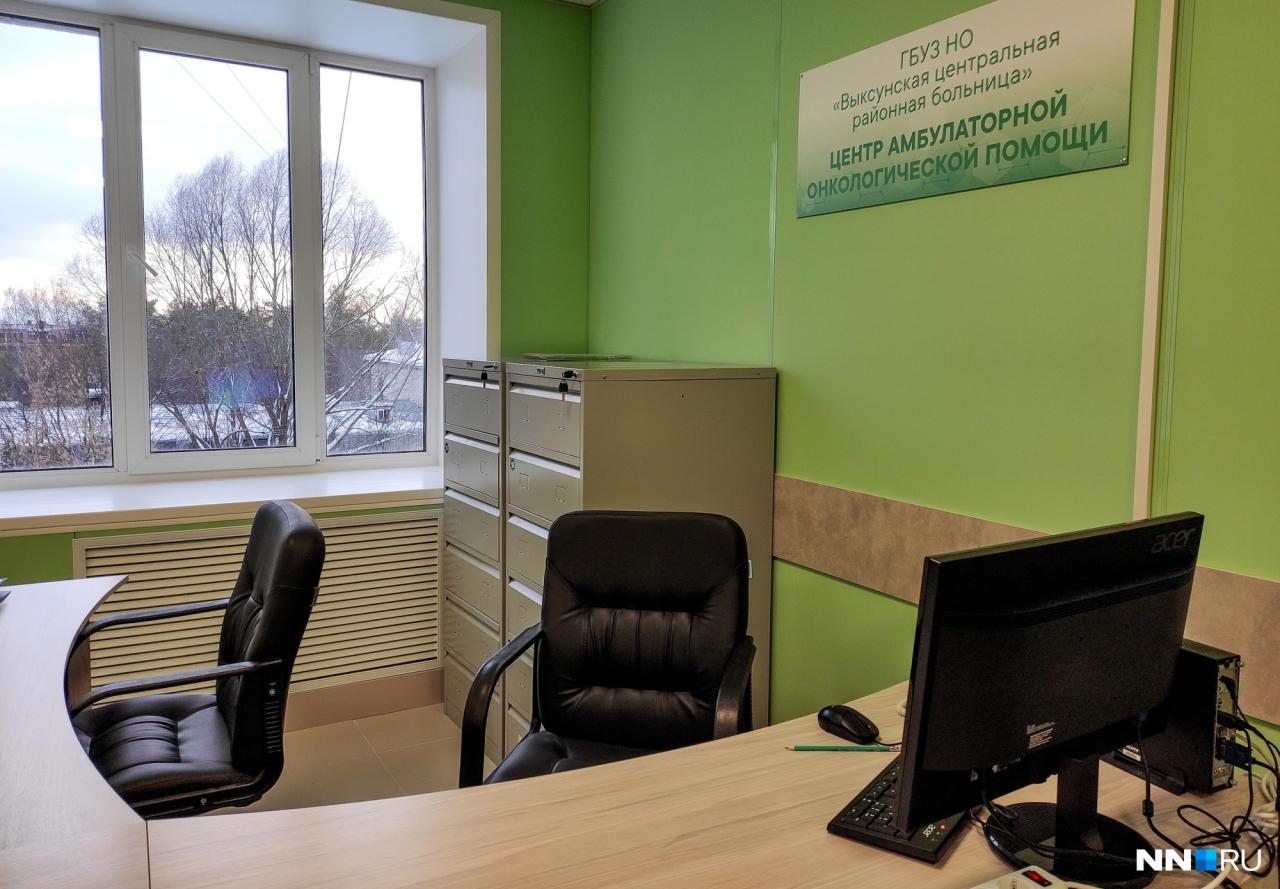
Every day, the patient is chopped for 5-6 doses of morphine, but he also does not help from pain. Mother goes to the hospital every week for the drug
Photo: Natalia Burukhina / Nn.ru
After that, the authorities took some measures. In particular, the duration of the recipes for drug -containing drugs from 5 to 15 days was extended. Despite this, questions with the availability of painkillers remain. Doctors are often afraid to prescribe drug -containing drugs, noted NN.RU by the President of the Association of Oncological Patients Hello! Irina Borovova.
“If morphine does not help, the patient must call the therapist, and by law he must write out a stronger opioid,” says Borovova. – Another problem – imagine, a person comes to the reception, seems to be a relative of a seriously ill patient, says: My relative dies here, but you give nothing. And the doctors here are in full right to give nothing. They do not see the patient, they cannot conclude about his condition. Preparations for the treatment of cancer diseases are usually very toxic substances, and the narcologist should properly weigh, what therapy he prescribes. He bears criminal liability.
Disability on oncology from the point of view of the law does not give advantages in obtaining drugs, including painkillers, the doctors that the NN.RU correspondent contacted. True, in practice, doctors are easier to prescribe drugs if there is a corresponding certificate. To obtain it, you must undergo a medical and social examination. According to the Social Service Center, the minimum period of its passage for Narimanyan is a month.
Plant the medicines
Nadezhda Shibanova shows a package of morphine packages and empty ampoules. She fears that she can be planted if something from this is lost. True, according to the order of the Ministry of Health of the Russian Federation of July 15, 2016, only unused ampoules are subject to return. The woman does not know about the intricacies of the law, but in the hospital she could not unequivocally answer what to do with the flasks.
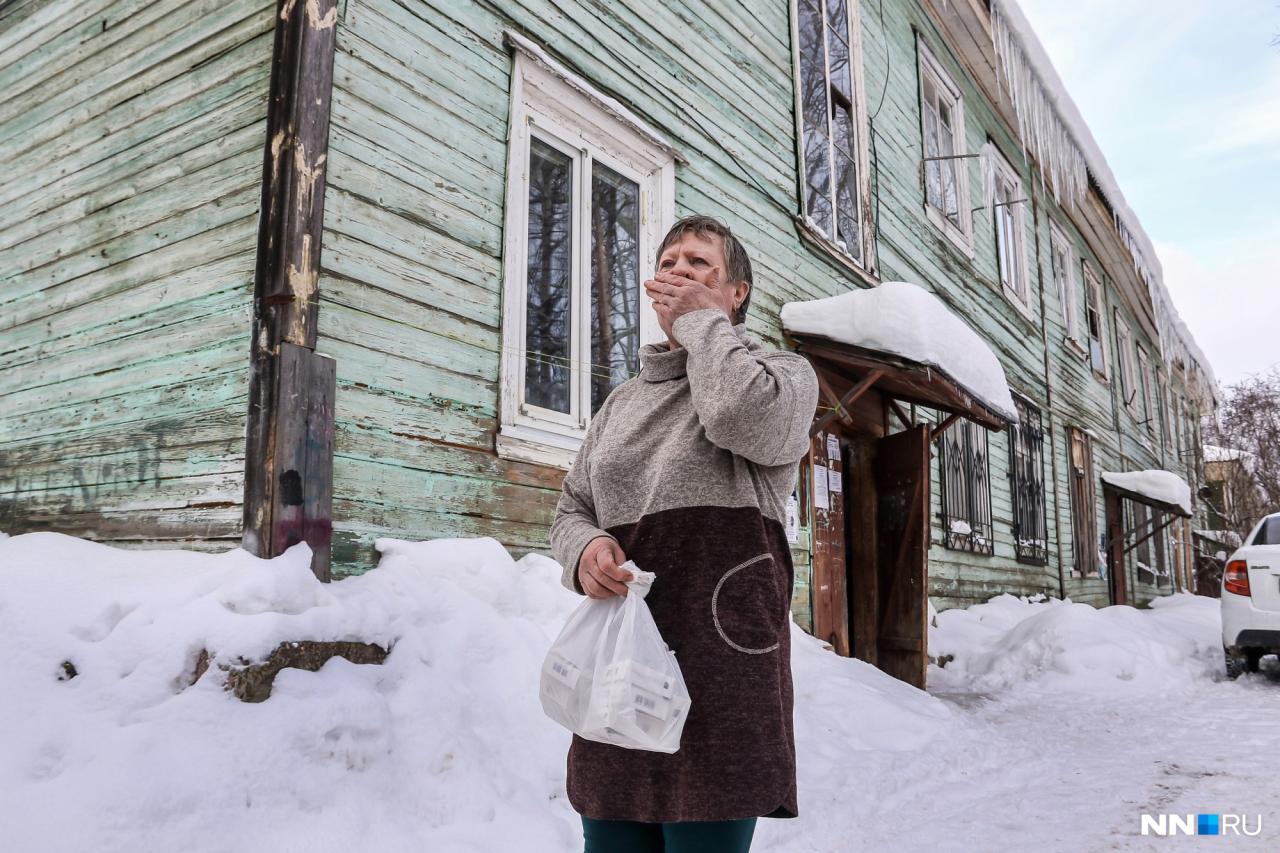
Oksana's mother is afraid that she can be planted for inaccurate use of analgesic
Photo: Natalya Burukhina / NN.RU
There are a lot of people in the queue for medicines. I cry, I say: A sick woman with a small two-year-old child is lying. They answer me: “I also have a two-year-old child in the car.” Who skips, who doesn't. Where they write out a prescription, I stand for 20-30 minutes, – says the mother.
A pack of morphine lasts half a week. There are 5-6 injections per day. To receive the drug, Shibanova first has to get a referral from an oncologist. Then – get a signature in the office where the medical commission meets. After that, the oncologist writes a prescription. With him, the woman is already going to the pharmacy. According to her, the last time the therapist visited Oksana was two weeks ago, but he did not prescribe additional painkillers. What can I do? – conveys the words of the doctor Shibanov.
The last time the issue of making it easier to get painkillers was raised at the beginning of 2020. Then, on January 8, Vladimir Putin instructed the then head of government, Dmitry Medvedev, to “ensure that changes are made to the legislation” to decriminalize the mistakes of doctors prescribing painkillers. Seven days later, Medvedev resigned along with the government.
According to the laws of the Russian Federation, a citizen suffering from pain has the right to get rid of it. If this right is violated, the patient can contact Roszdravnadzor on a round-the-clock hotline for pain relief – 8 800 500 18 35. The call is free. During working hours, applications are accepted by specialists of the department, during non-working hours they will be recorded in the mailbox. Also, patients and their relatives can leave a complaint on the website of Roszdravnadzor by filling out the appropriate form.
Later, the head of the regional Ministry of Health, David Melik-Guseinov, commented on the situation with the lack of adequate pain medication. The local doctor in case of patient complaints of pain should organize a consultation with the assigned inter-district field service or involve a palliative care doctor in resolving the issue.
“If it is impossible to select an outpatient scheme, the patient is hospitalized in a palliative care bed,” said David Melik-Guseinov. He also said that a hotline for pain relief operates in the region.
“Why don’t they do an operation on me, they are waiting for me to die?”
Oksana Narimanyan is not going to die. She tosses and turns in bed, pointing to her side.
– The lung hurts, sometimes it will squeeze so much that you can neither breathe nor speak. Why don't they operate on me? Are they waiting for me to die? the woman asks. – I would at least be removed, I would get on my feet and raise a child. And then I feel bad and bad. I can’t do anything with the child, I go to the toilet and go back – that’s all.

